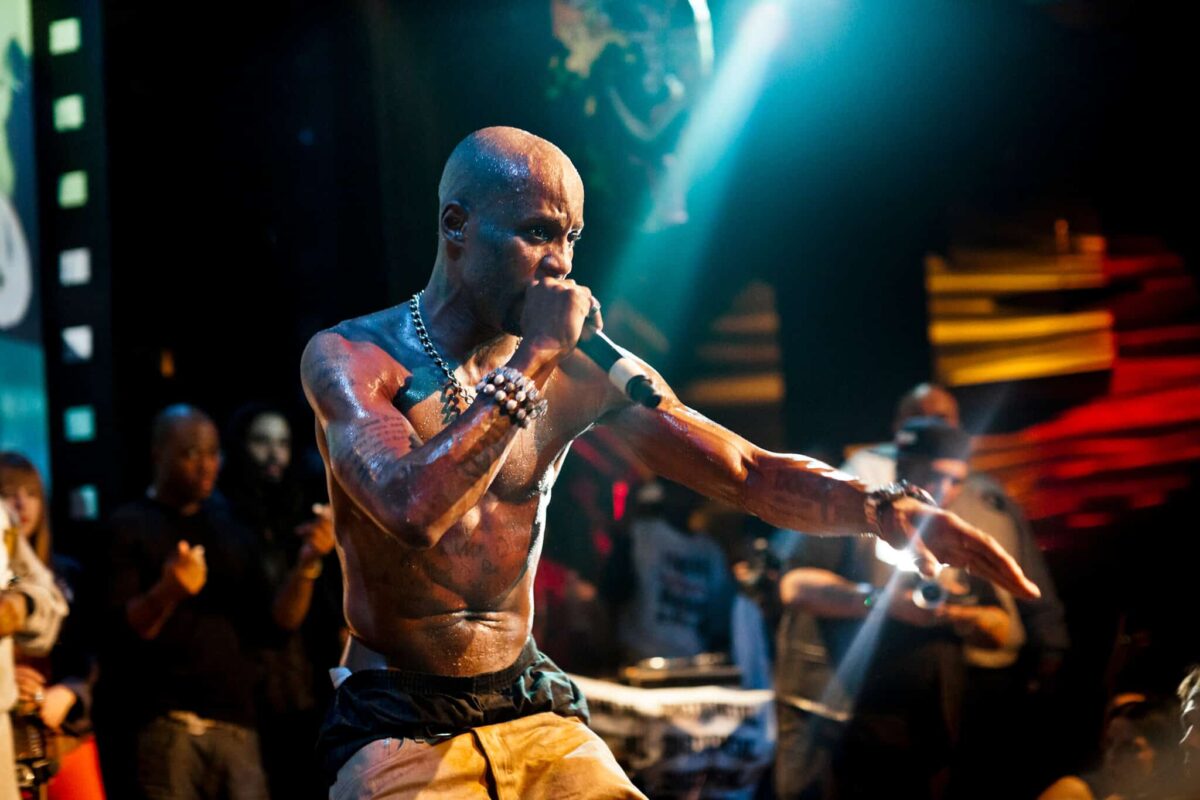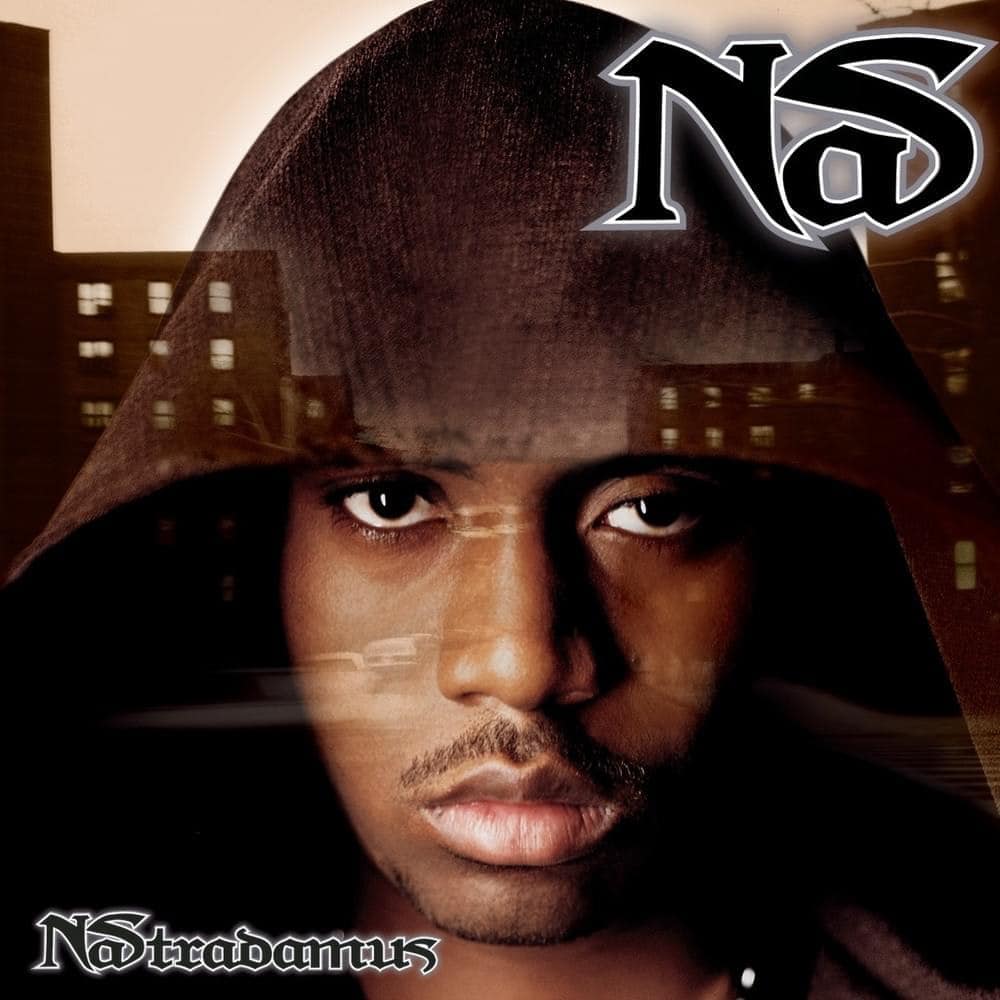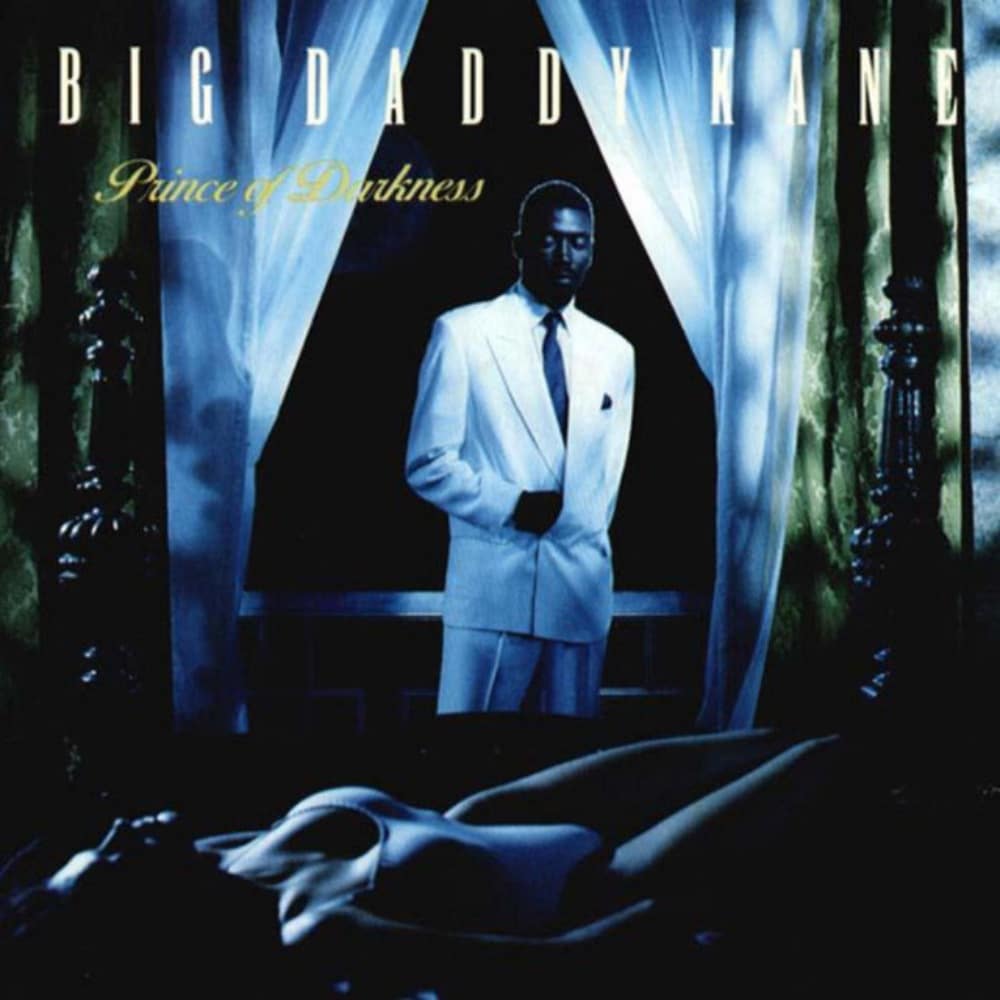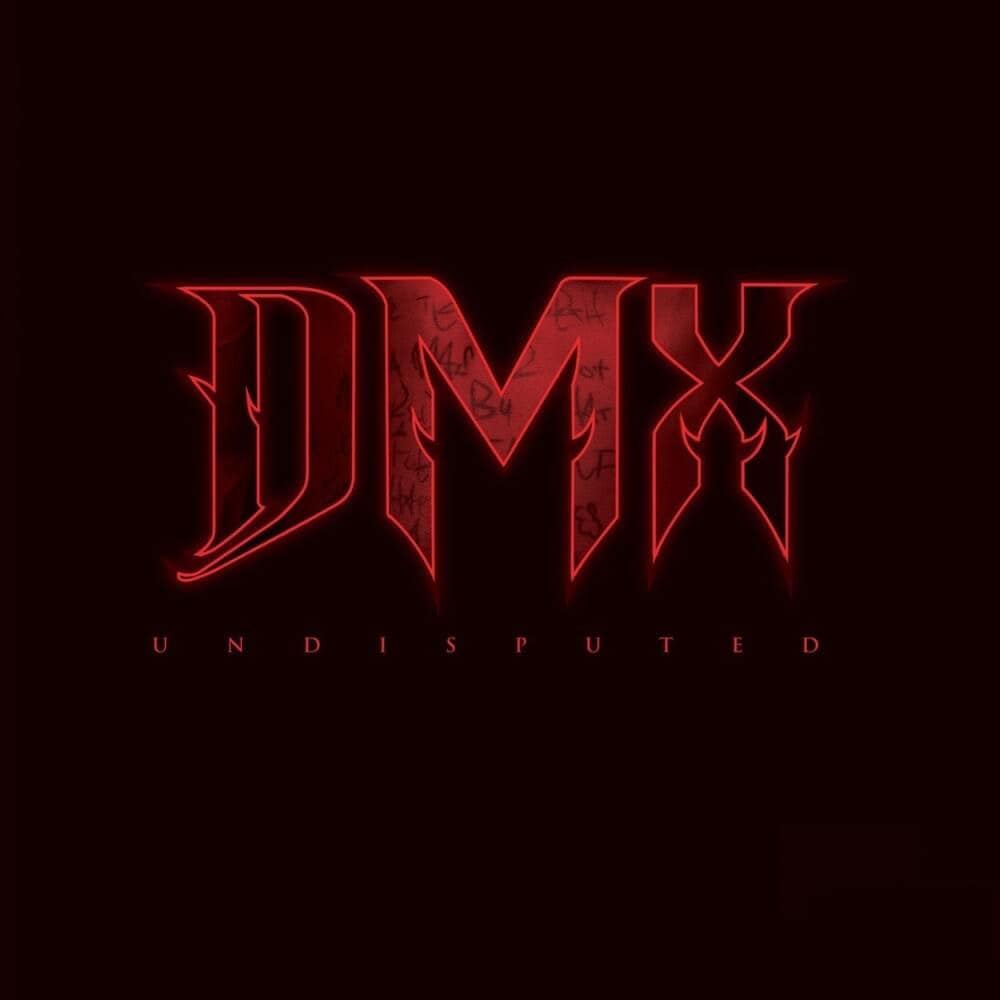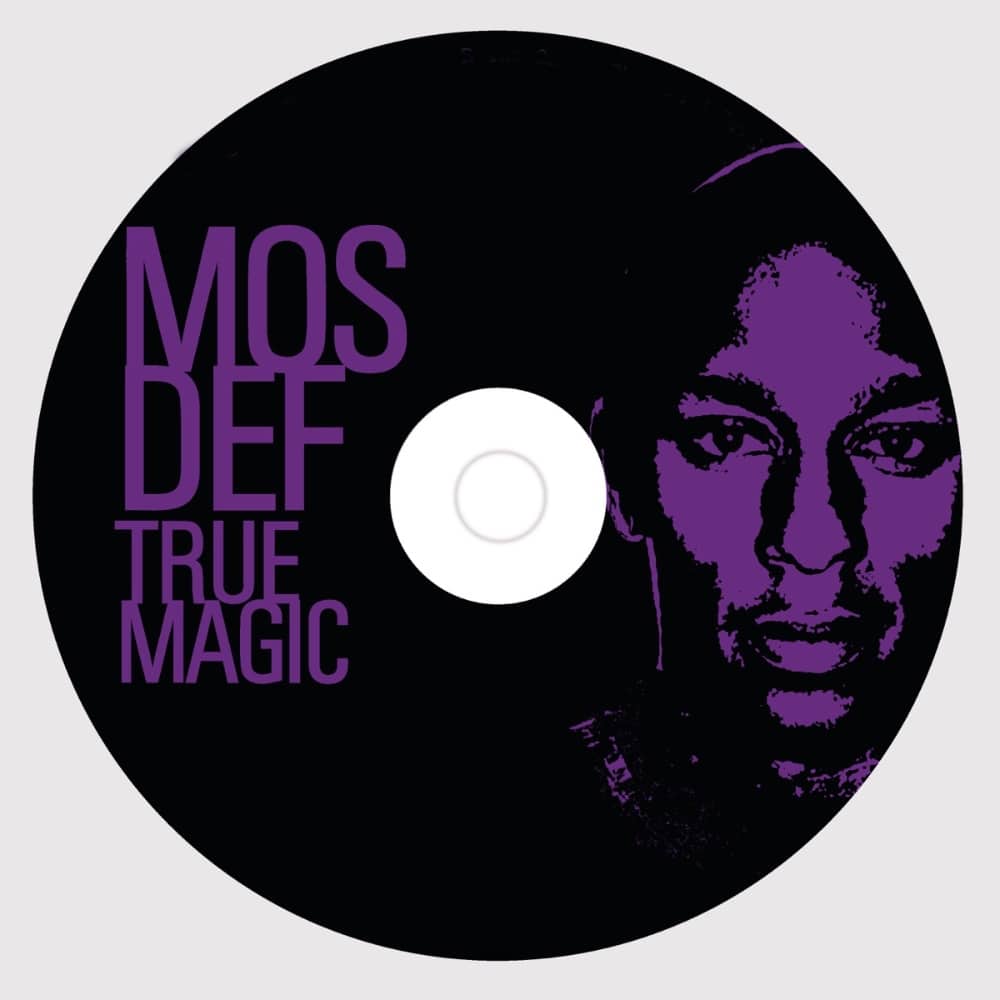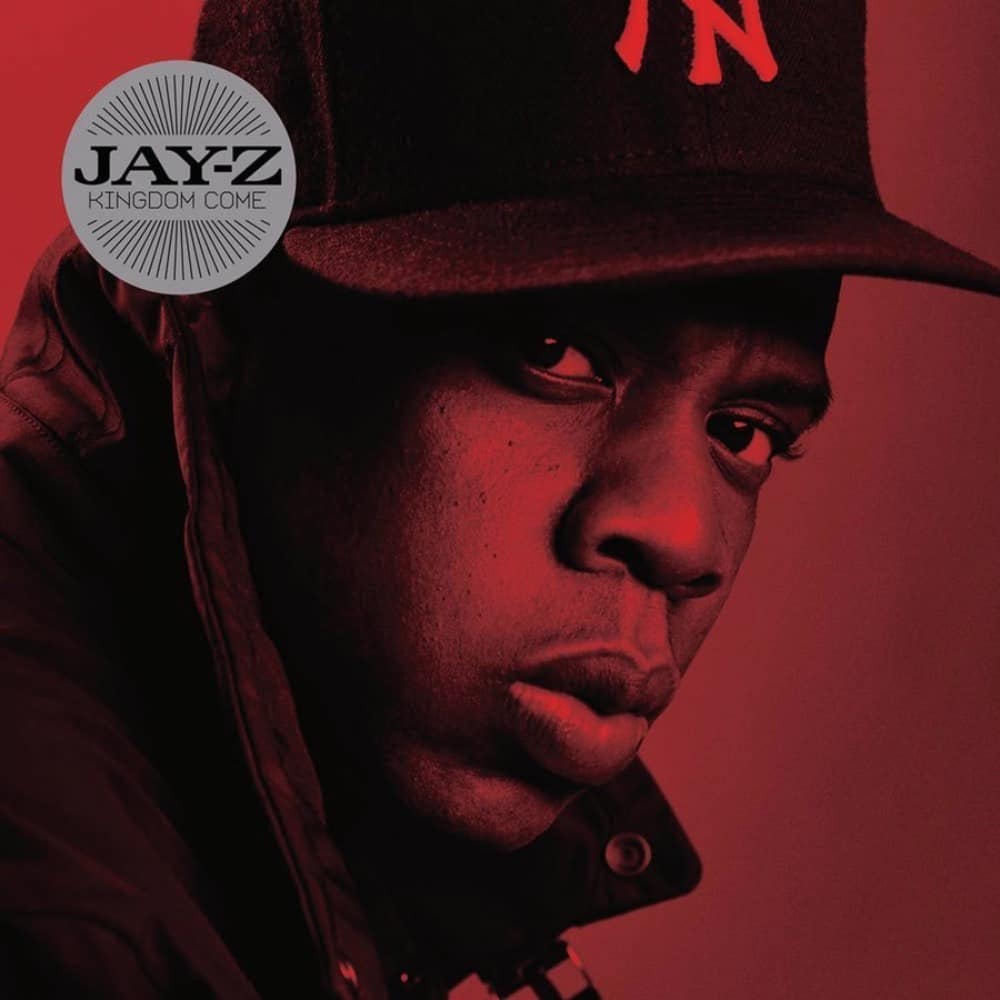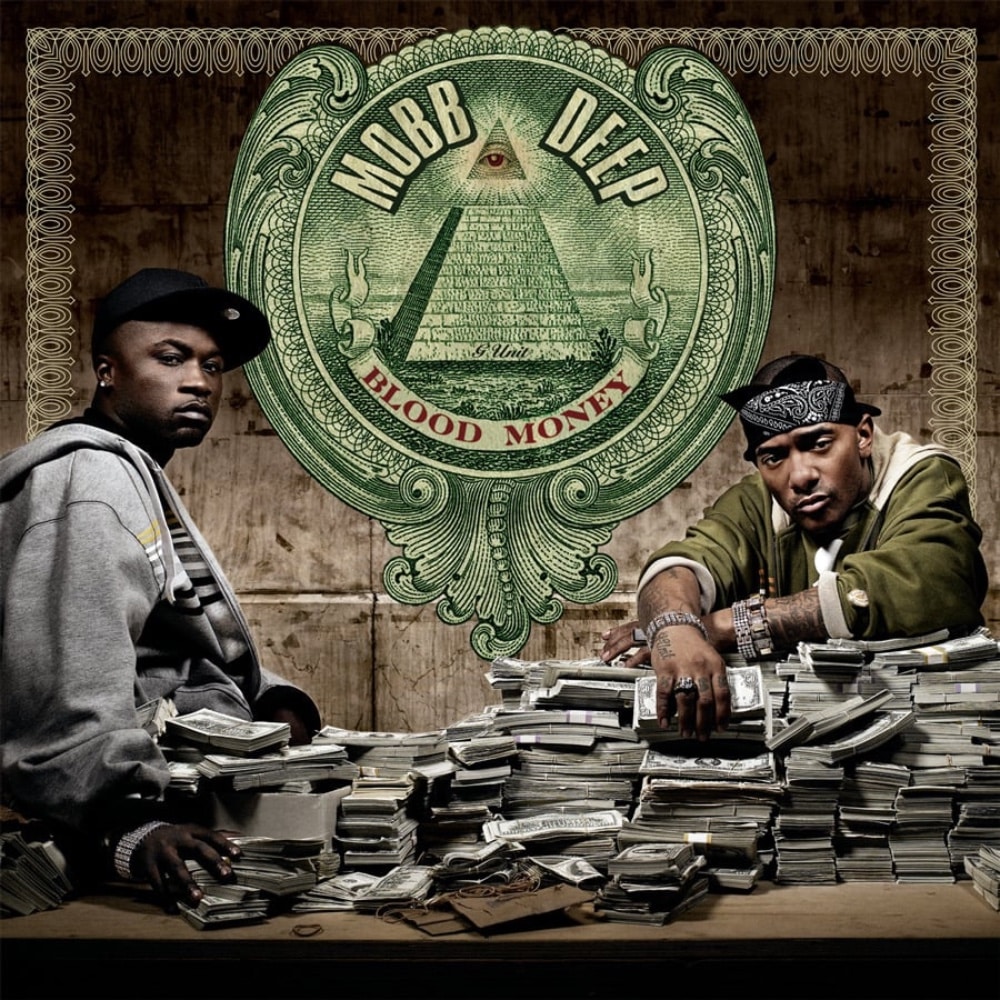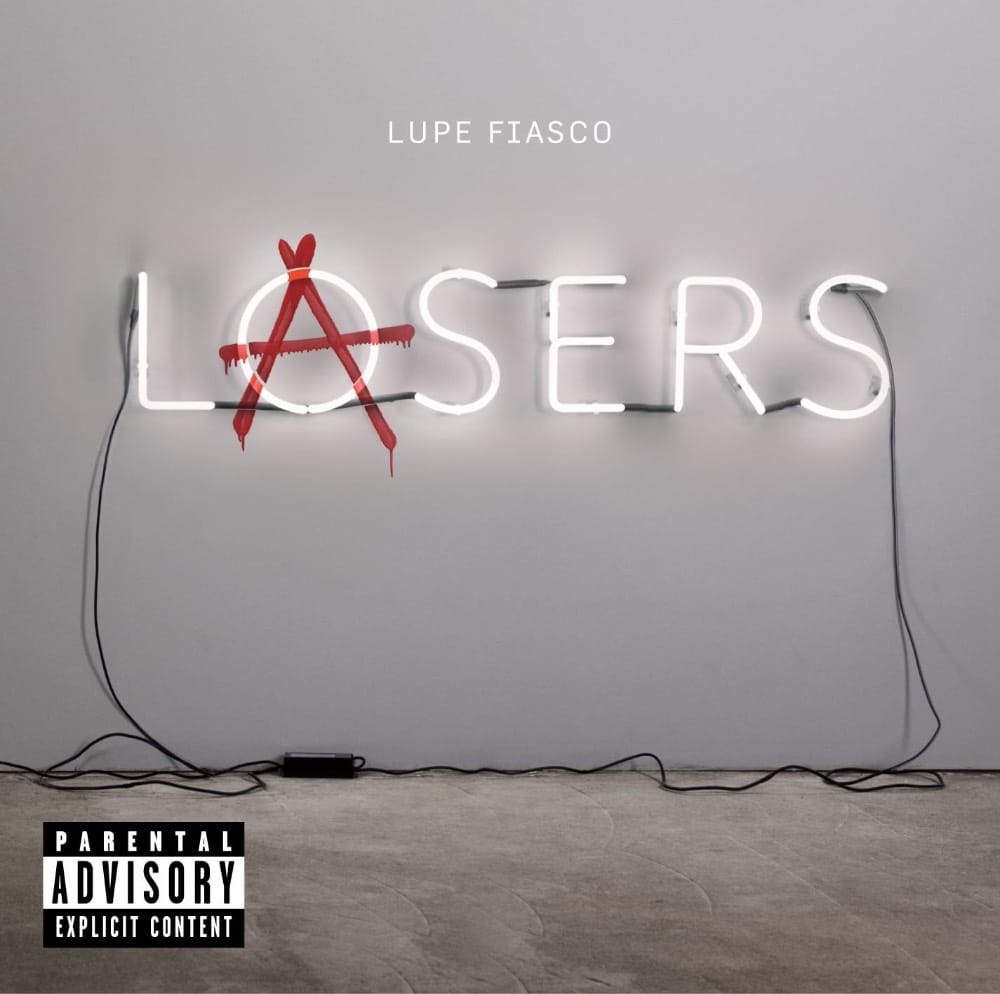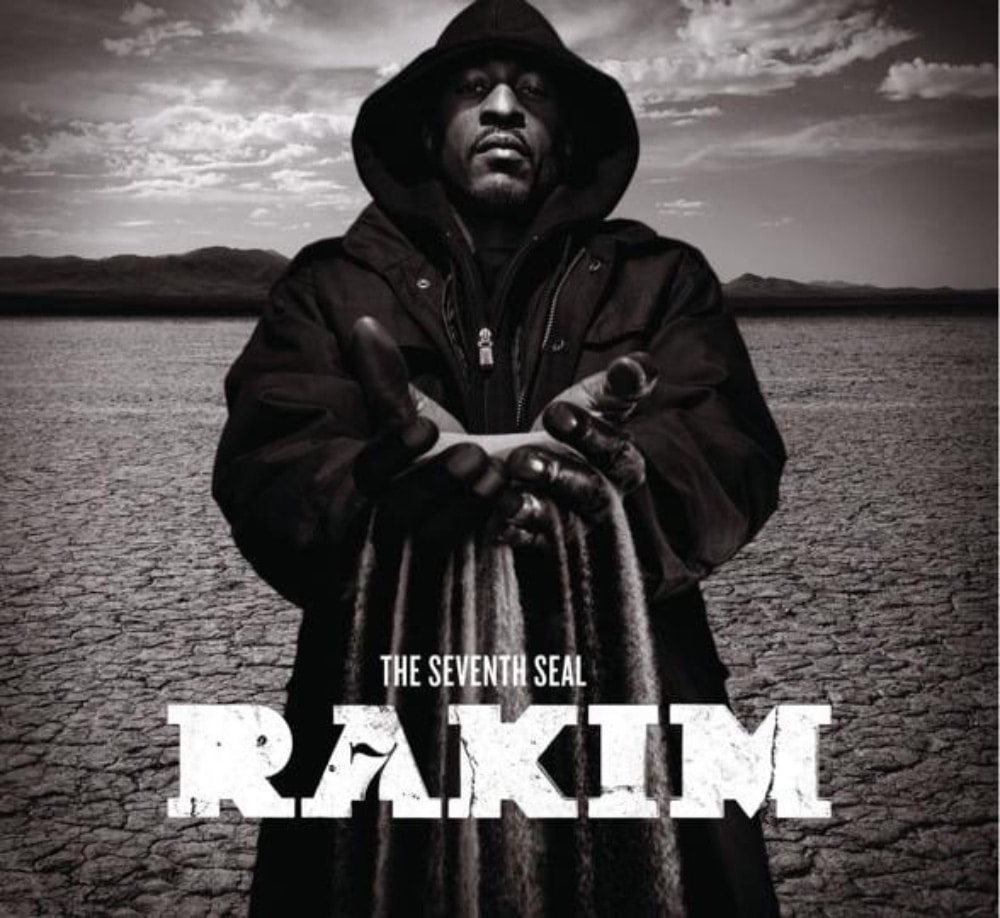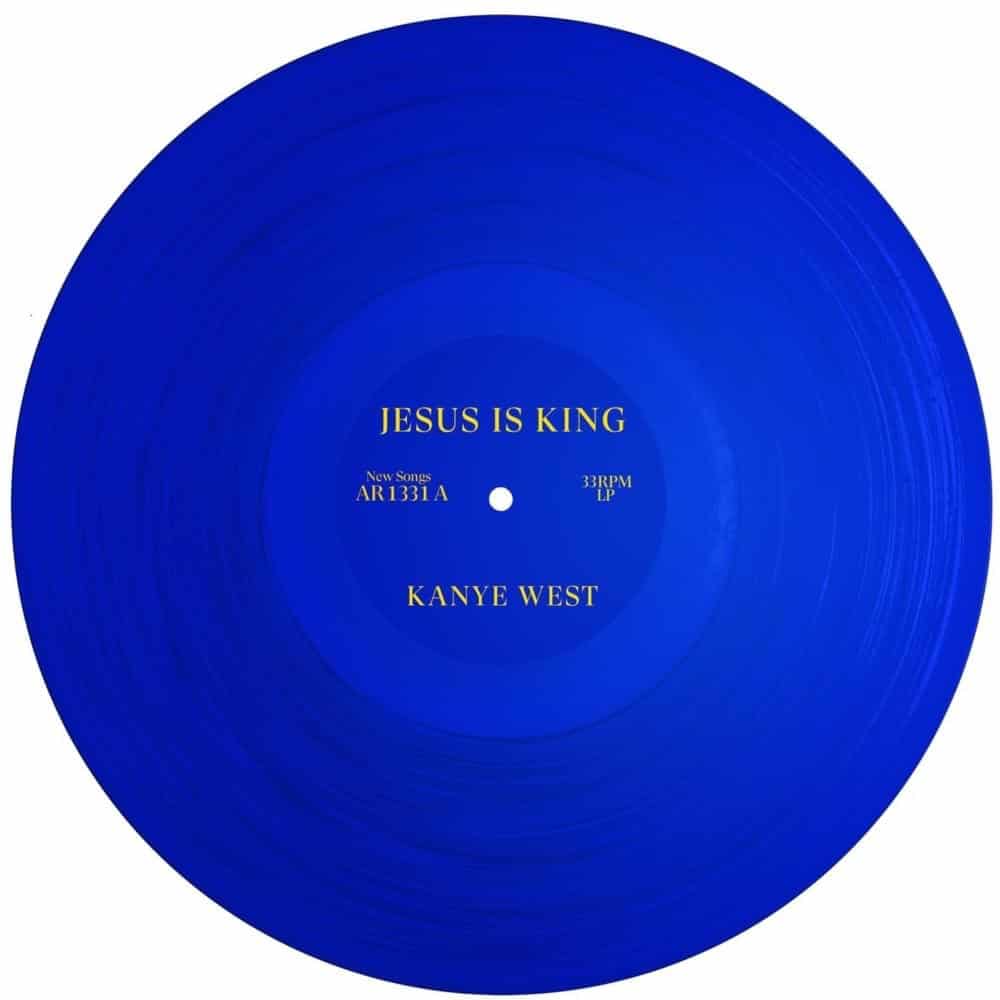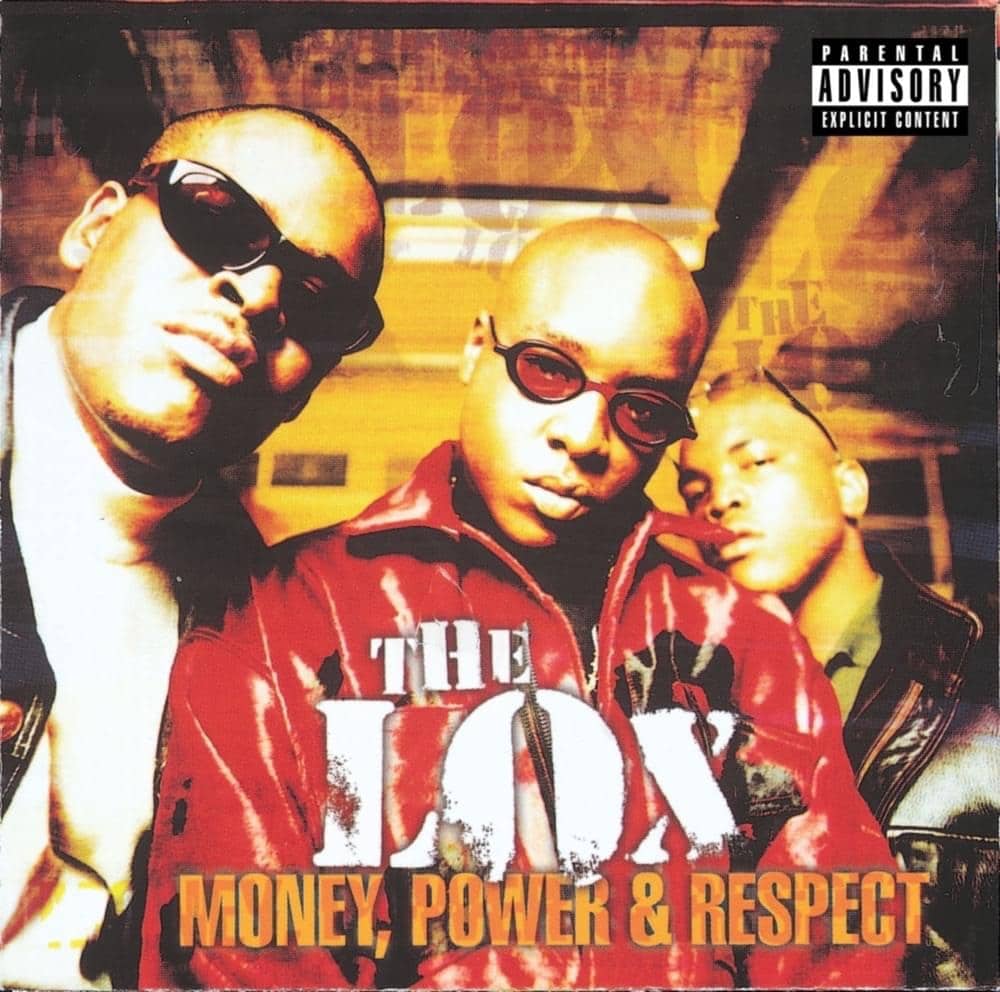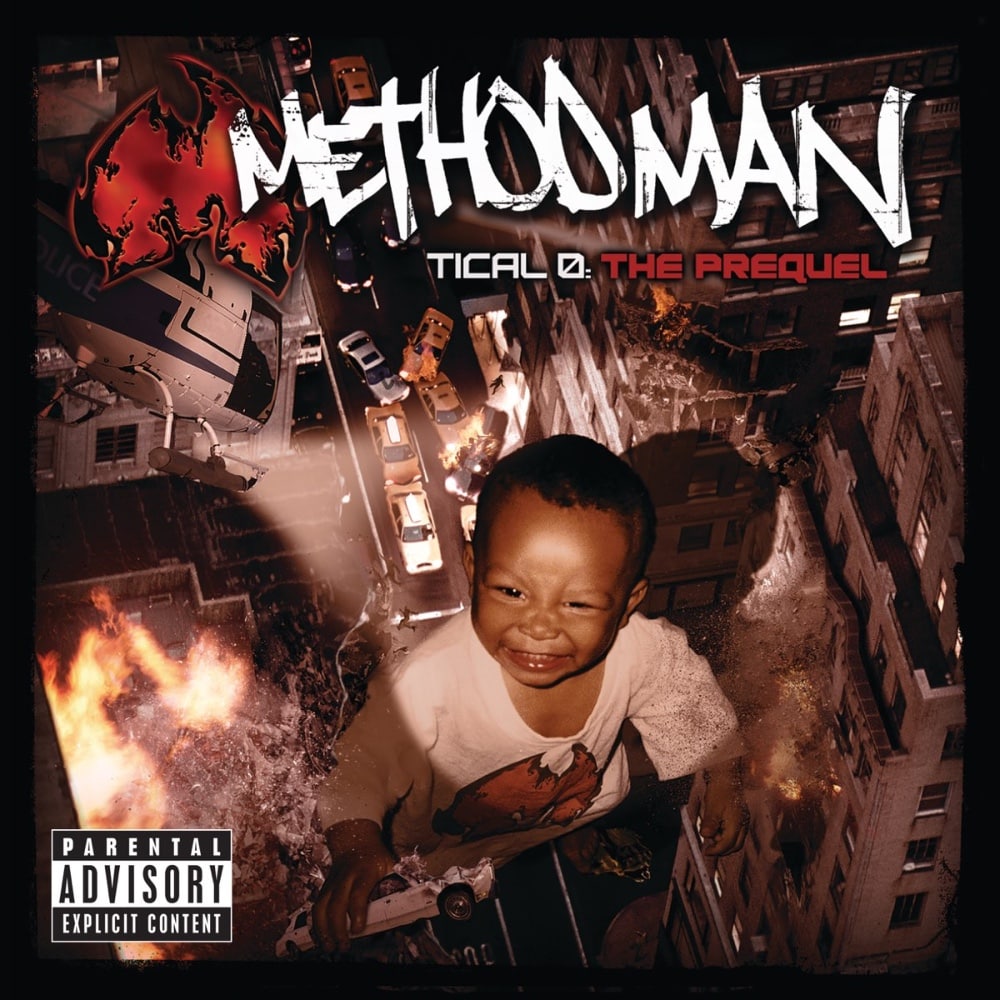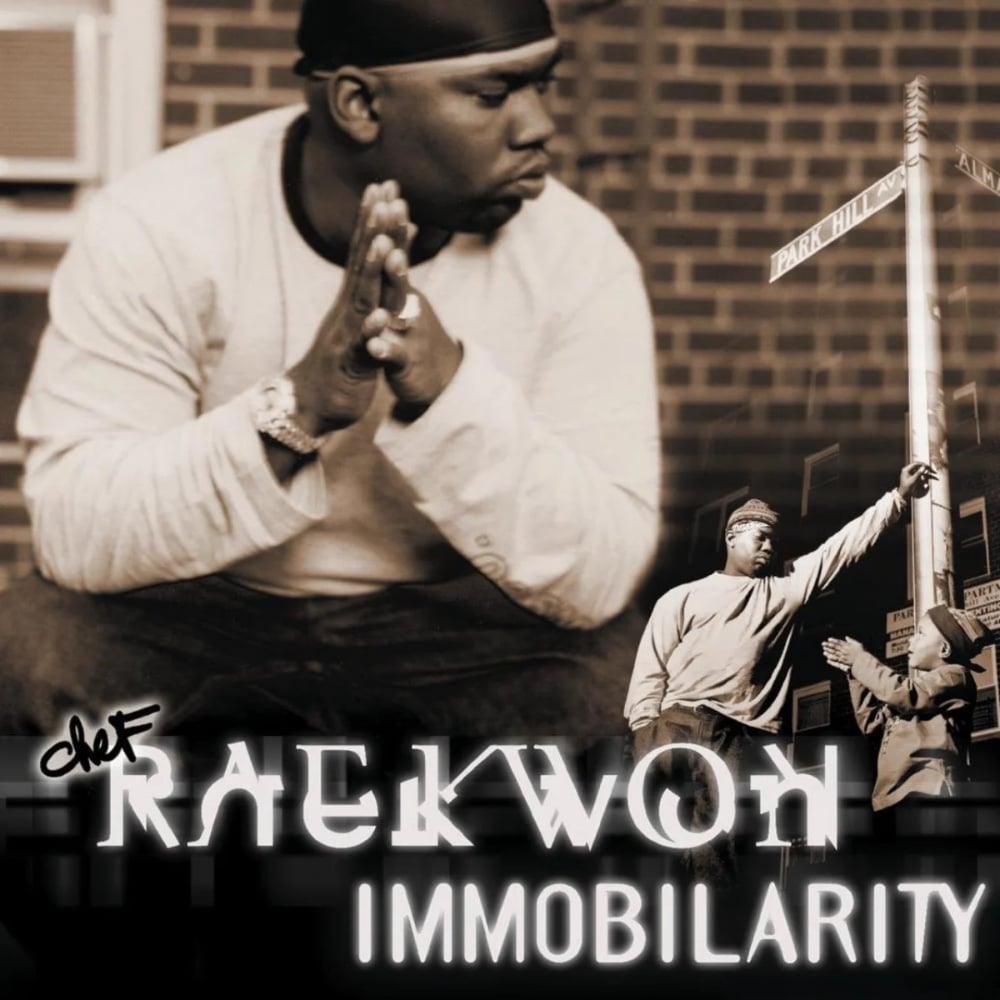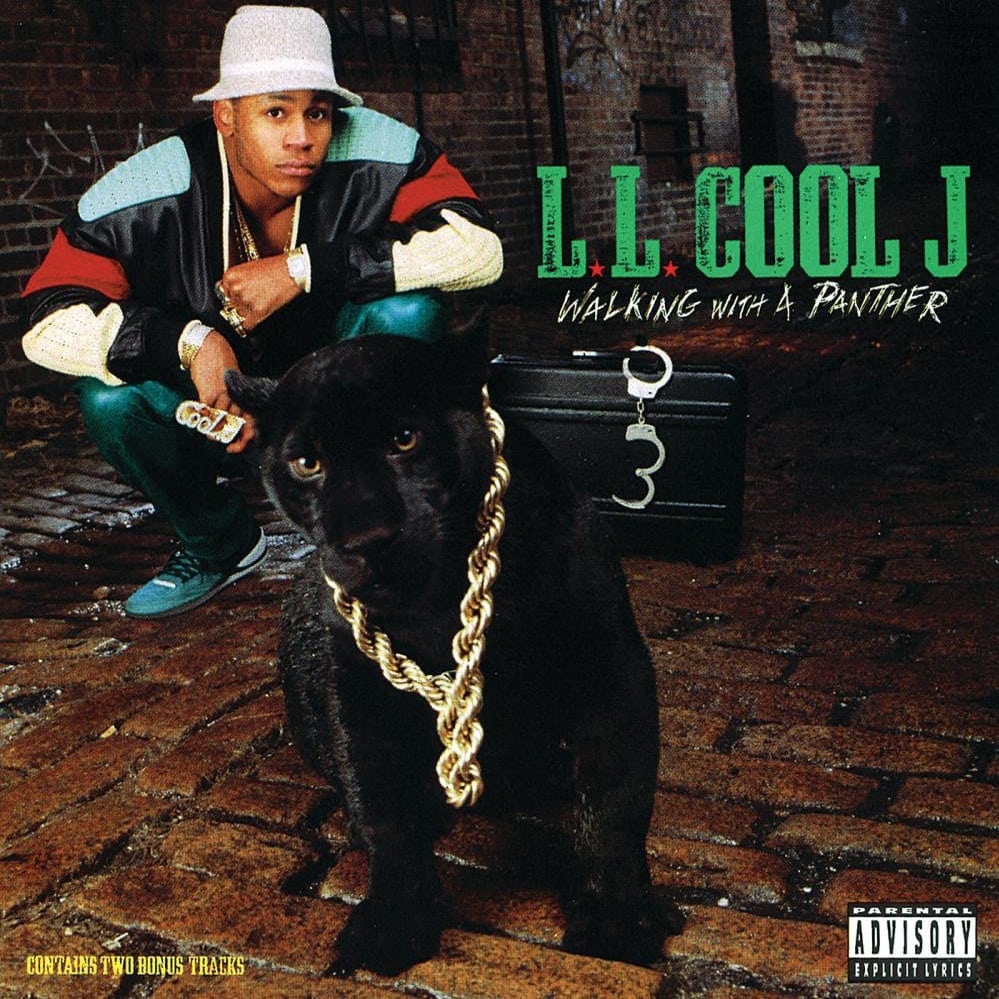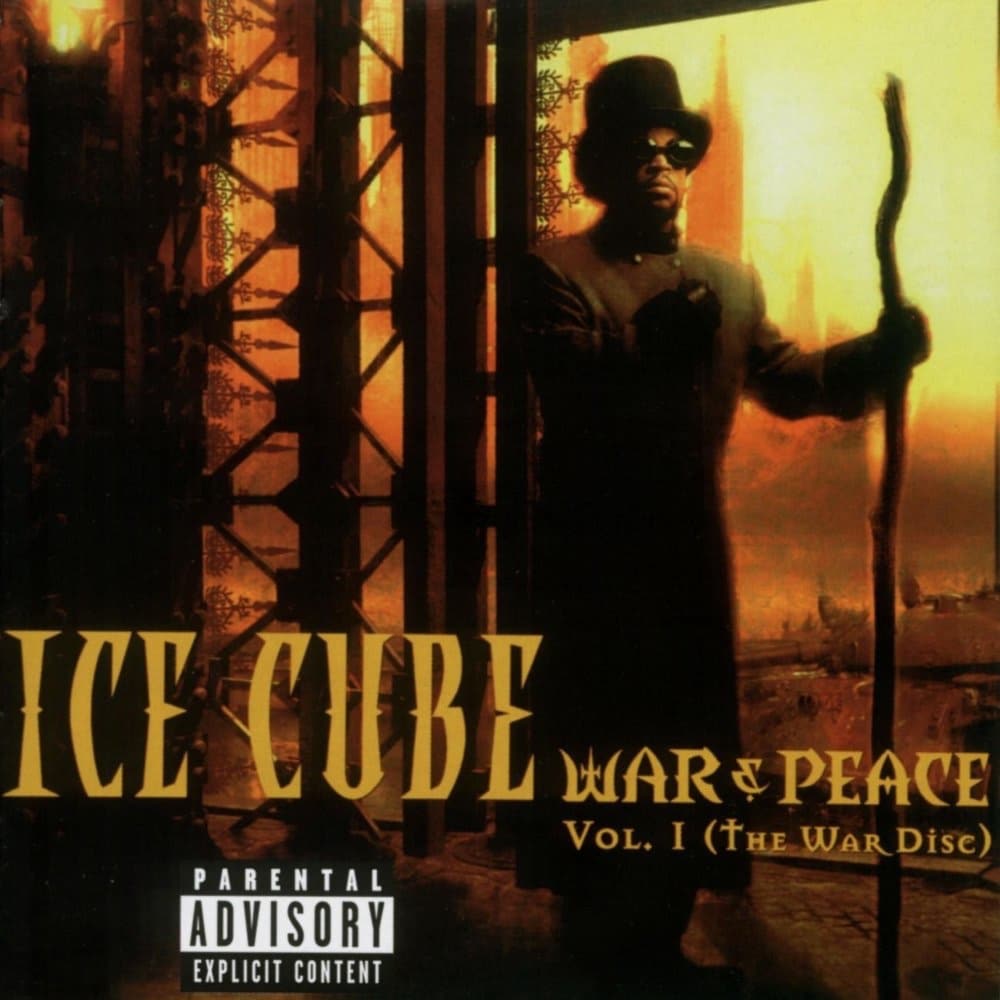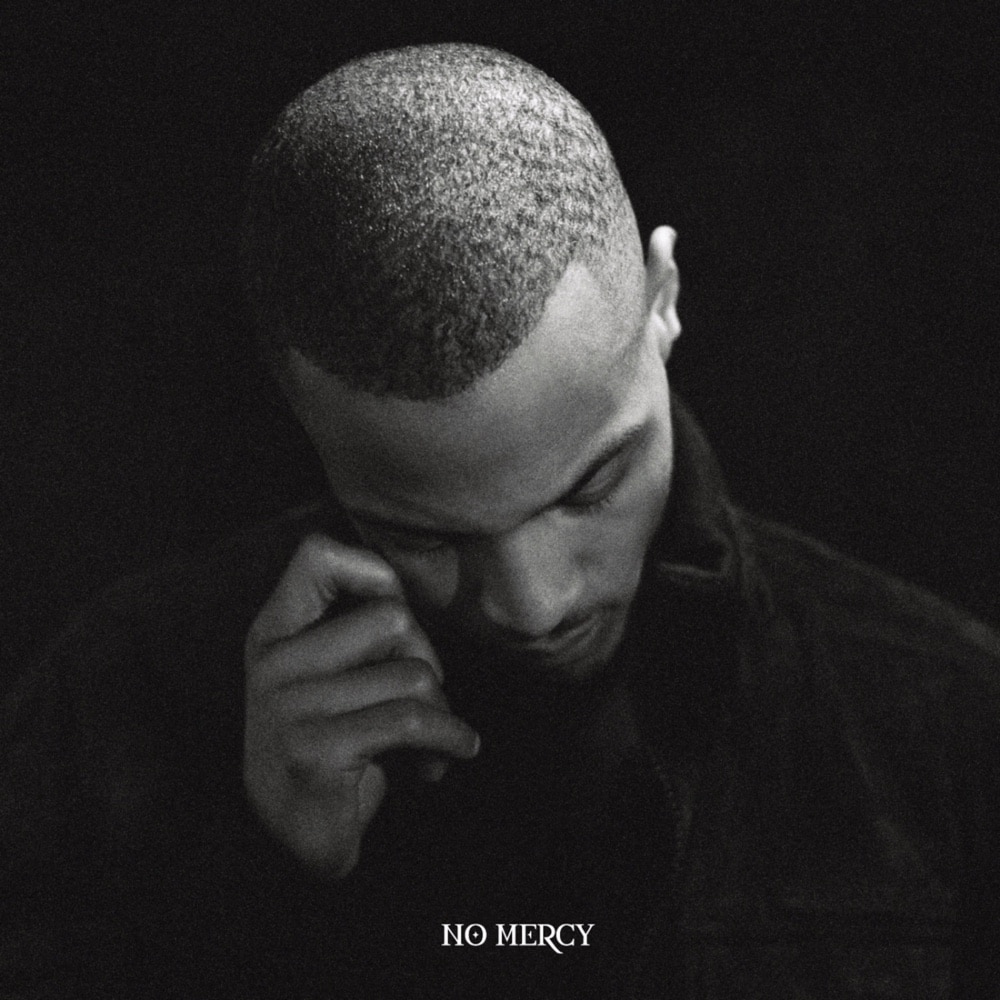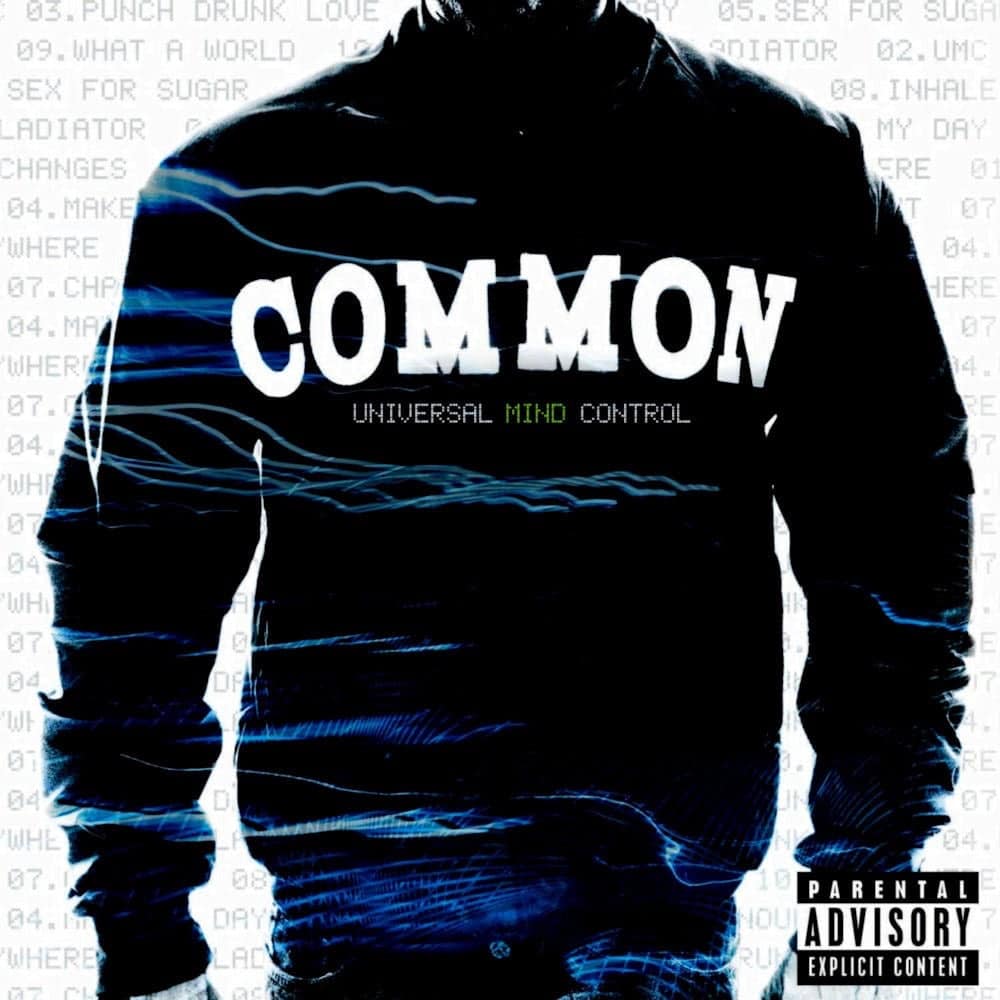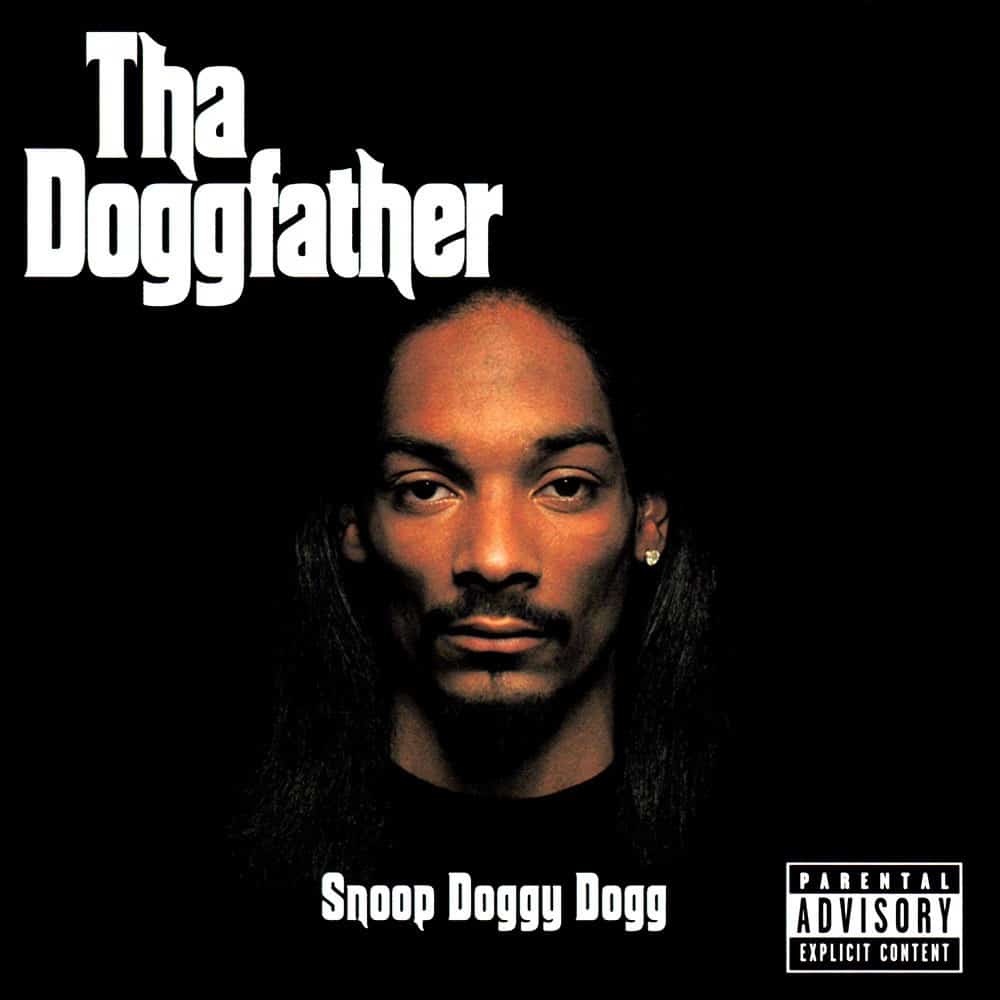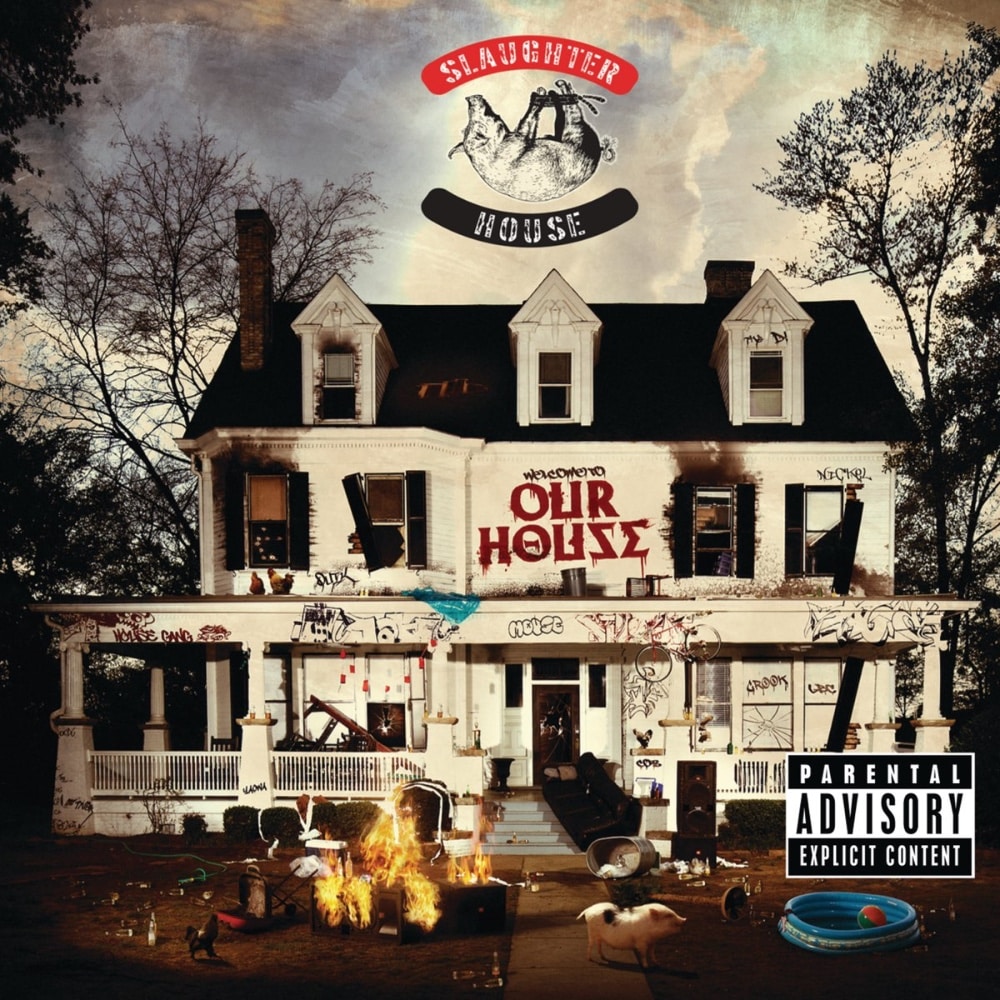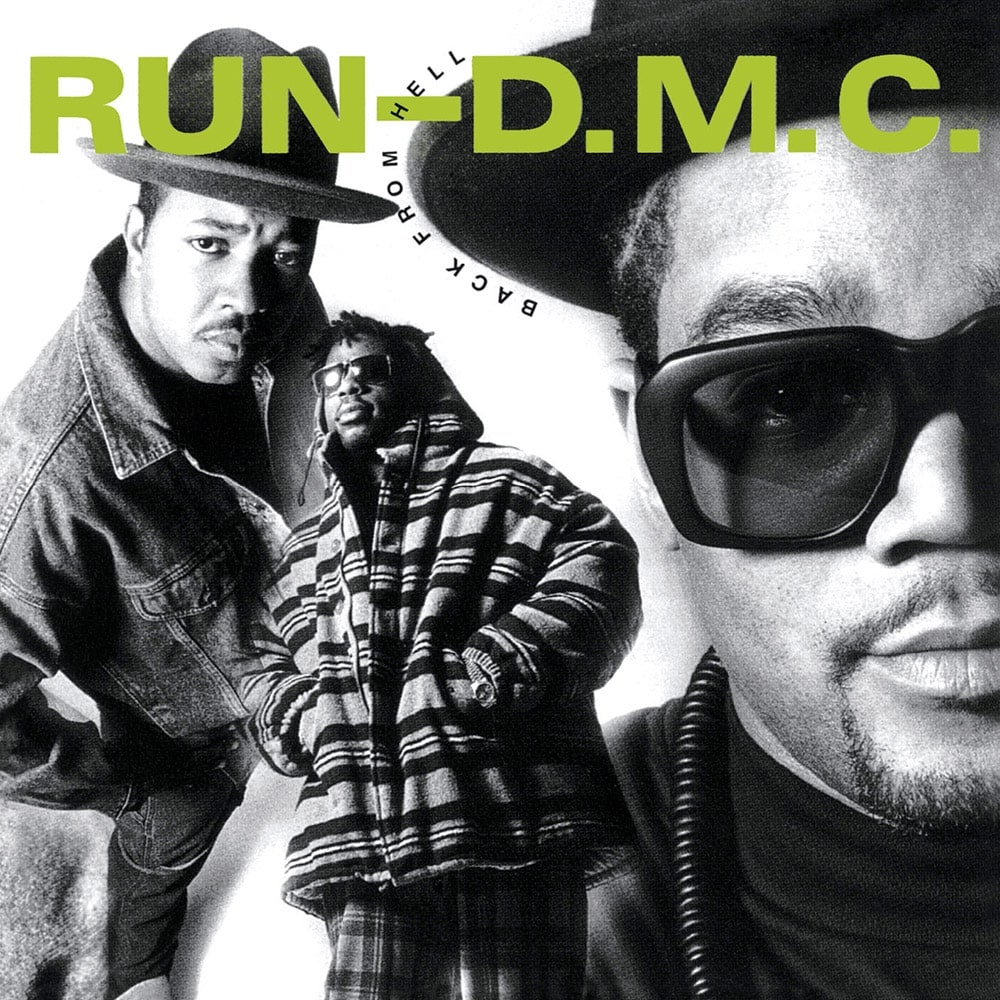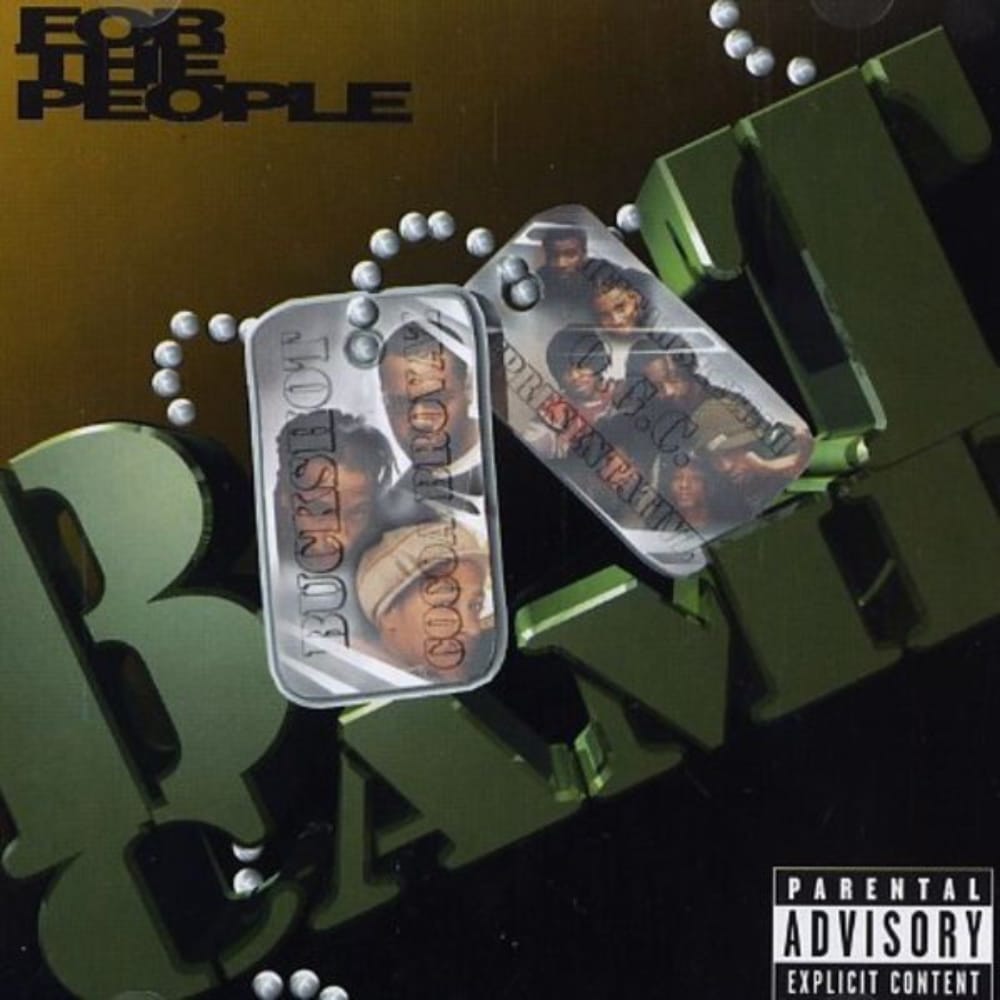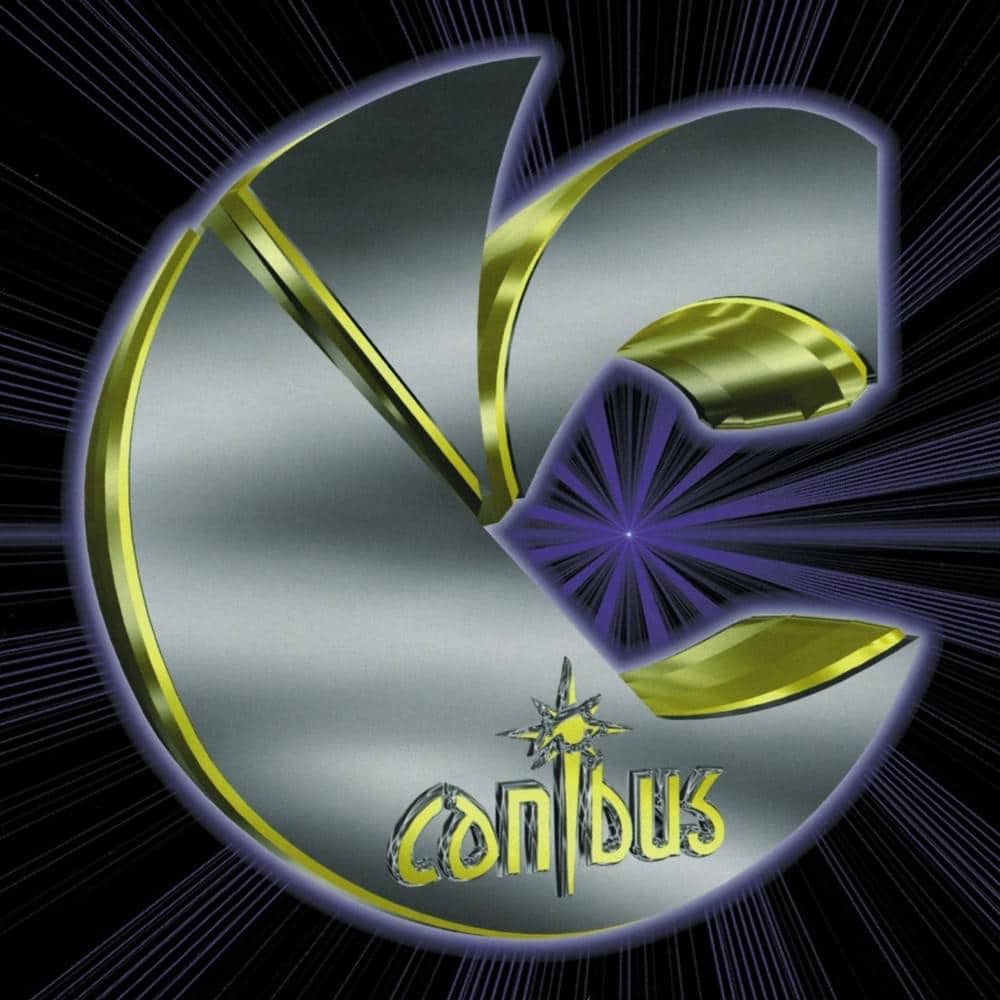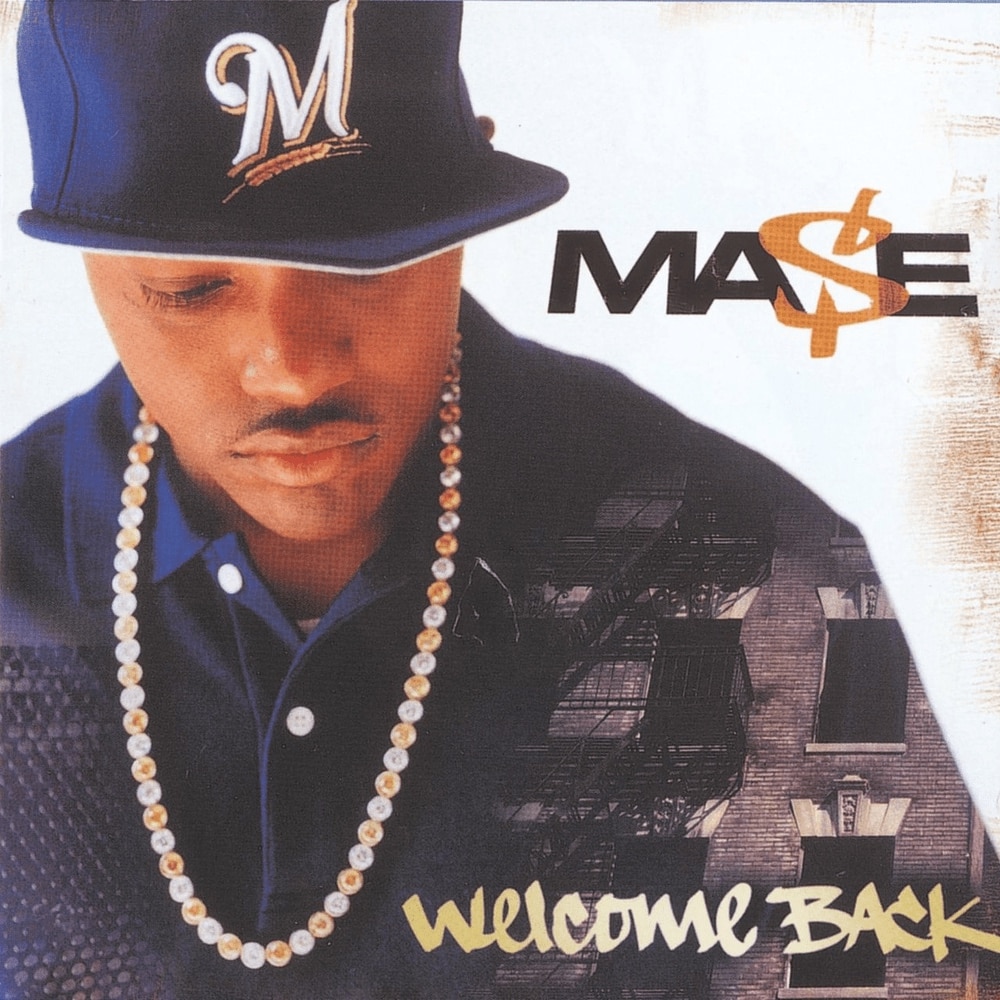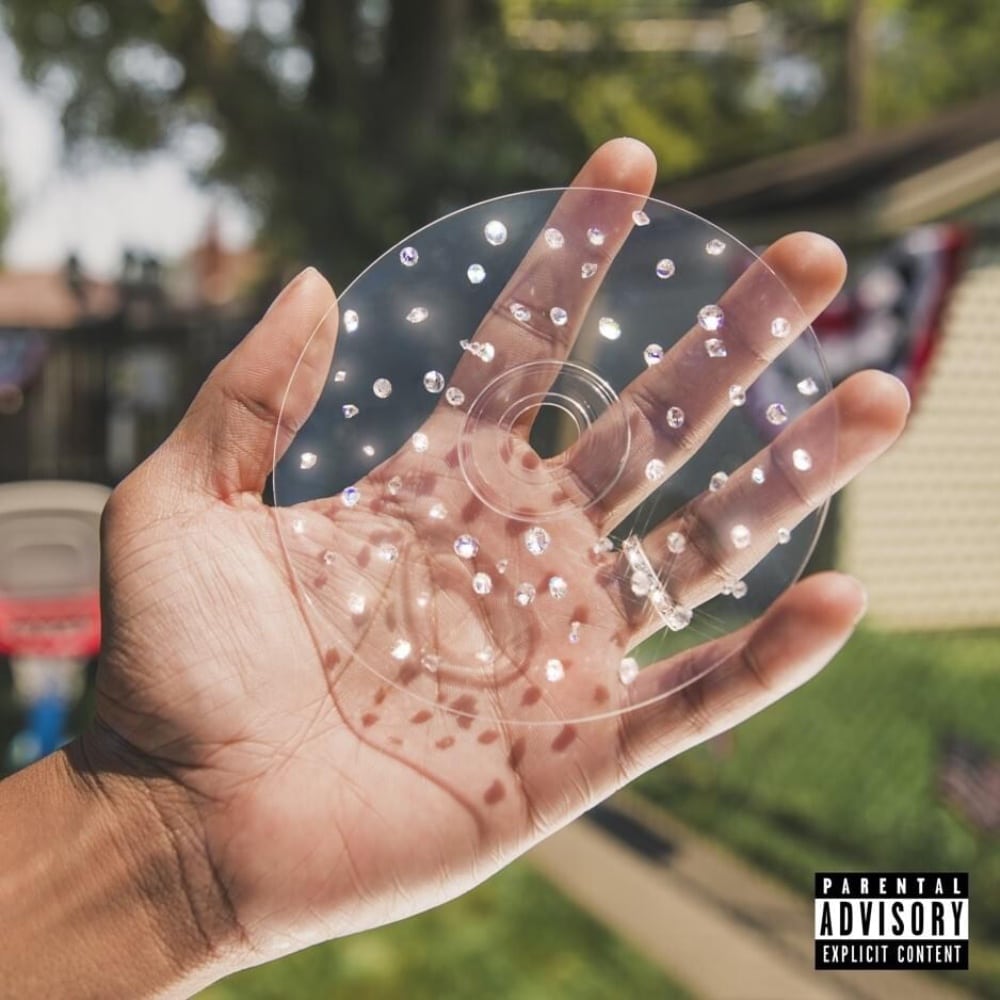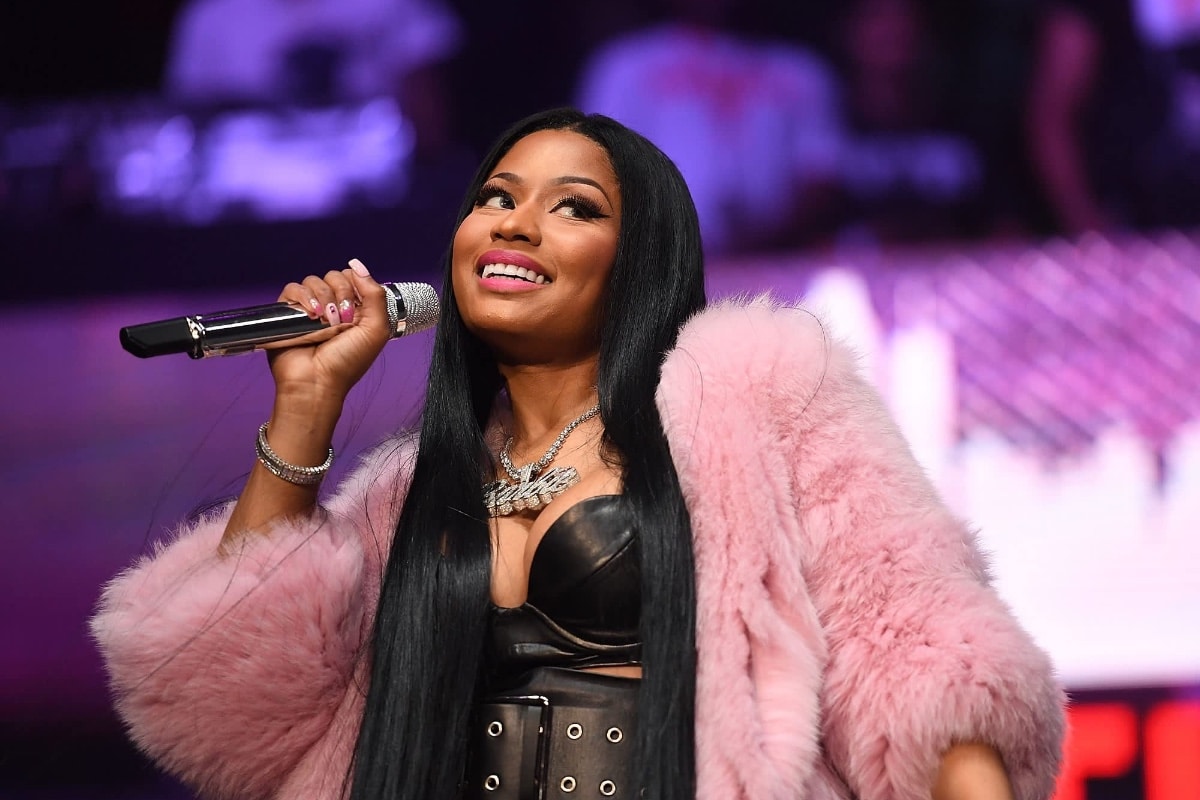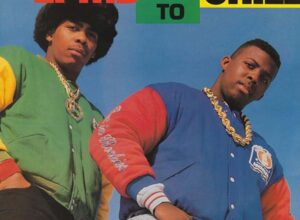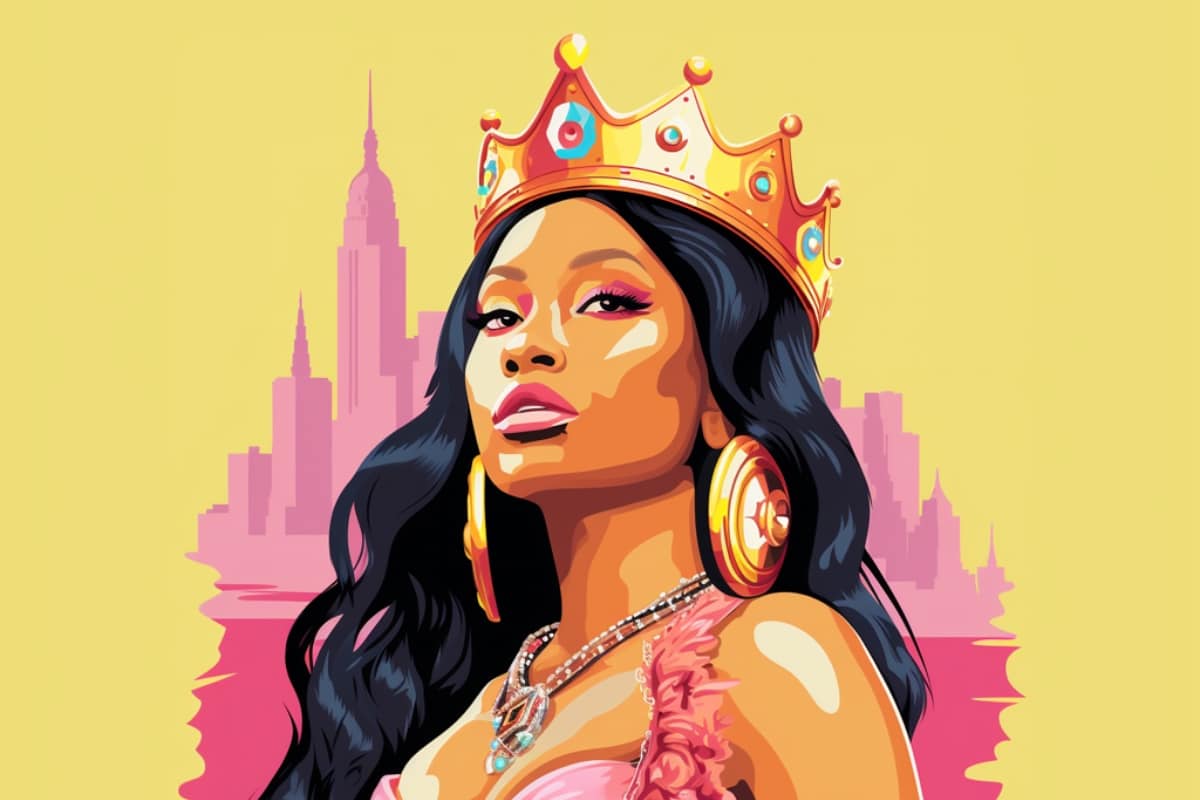The rap game’s history is filled with groundbreaking successes, but it’s also littered with albums that failed to meet the mark. Whether it’s the result of a misguided attempt to reinvent oneself, a failure to evolve with the times, or simply a lack of creative spark, great rappers have occasionally delivered projects that fall short of their high standards.
Eminem’s Revival is a case of an artist straying too far from his gritty roots, while Nas’ pop attempts on Nastradamus left fans puzzled and dissatisfied. Jay-Z’s Kingdom Come stumbled in its attempts to merge mature reflections with mainstream appeal. Lil Wayne’s Rebirth bewildered listeners with its questionable foray into rock influences, and even the masterful lyricist Rakim couldn’t save The Seventh Seal from being a forgettable and underwhelming effort.
So let’s get into it. From Mobb Deep’s Bloody Money and Lupe Fiasco’s Lasers to DMX’s Undisputed and Big Daddy Kane’s Prince of Darkness , here our fans cast their votes to call out the the worst albums released by great rappers.
1 Eminem —
Revival
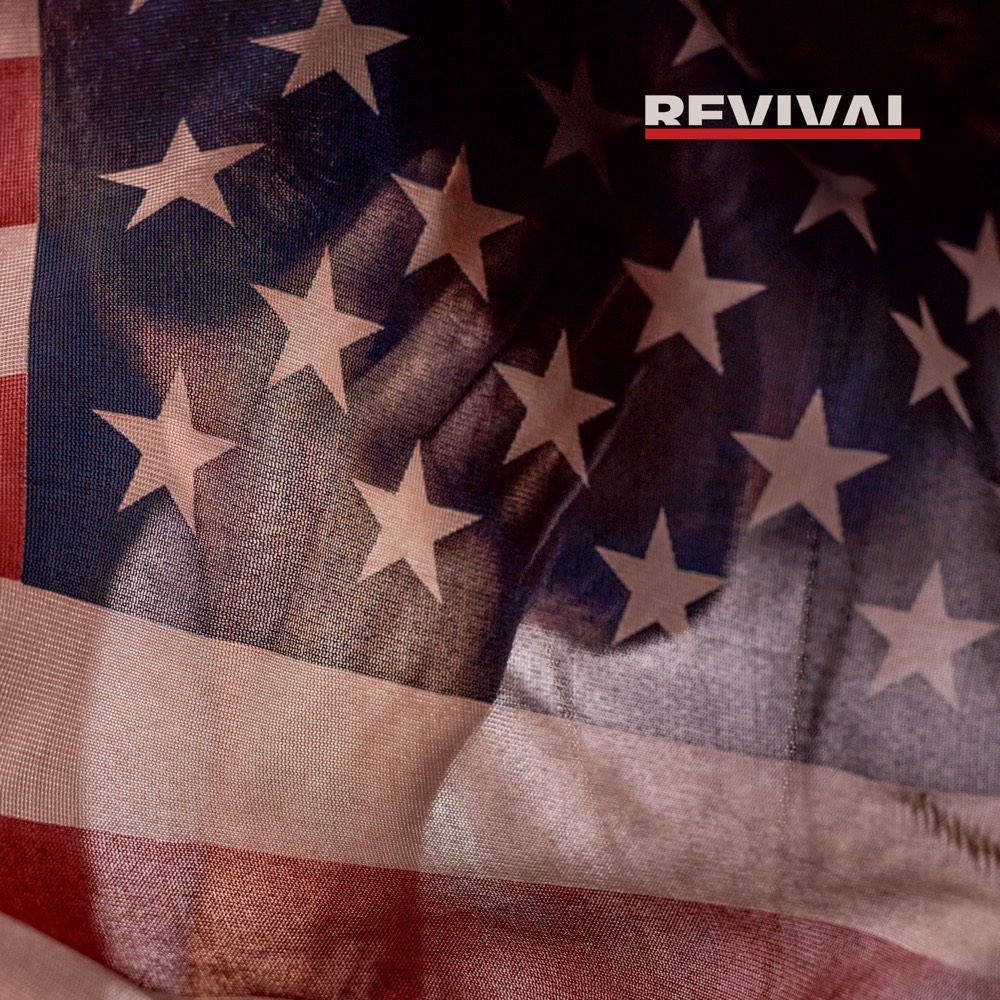
Released: December 15, 2017
Label: Shady, Aftermath, Interscope
Even with Eminem’s late-career releases not hitting the same mark as his 2000s peak, nothing prepared rap fans for Revival . The Detroit rapper’s albums since his comeback — Relapse , Recovery and MMLP 2 — ranged from above-average to solid, so when he was getting ready to drop Revival, expectations were high. They couldn’t have been more disappointed. Revival was an album filled with overproduced pop collaborations and an awkward fusion of political commentary that lacked the bite and authenticity of his earlier work. The Detroit legend’s lyrical prowess was still present, but the delivery felt forced, and the content was scattered. Instead of resonating with the anger and pain that defined classics like The Marshall Mathers LP , Revival fell flat. Em seemed to be struggling to find his voice in a landscape that had evolved. The lack of coherence and the desperate grab for contemporary relevance marked a low point in an otherwise illustrious career. It was a reminder that even the most iconic figures in hip-hop can lose their way, a cautionary tale about staying true to one’s essence.
2 Lil Wayne —
Rebirth

Released: February 2, 2010
Label: Young Money, Cash Money, Universal Motown
Weezy’s Rebirth was supposed to be a new beginning, a fusion of rap and rock that would showcase his versatility. But the 2010 project felt more like a misstep. Wayne’s raw talent and unique flow, which earned him a spot among the greats, seemed muffled by the rock-inspired production. Tracks like “Drop the World” might’ve made a splash, but overall, the album failed to create a harmonious blend of genres. It’s as if the Young Money rapper’s identity got lost in the mix, and the result was an album that felt disjointed and lacked the genius of his previous works. Rebirth was a bold experiment, but sometimes, even the greatest artists miss the mark, and that’s what puts this record in the shadows of his more brilliant works.
3 Nas —
Nastradamus
Released: November 23, 1999
Label: Ill Will, Columbia
Queensbridge’s own poet, Nas, dropped Nastradamus in ’99, but it failed to hit the mark that his previous joints had set. The illmatic lyricist seemed to lose focus here, drifting away from the profound and reflective content that made him a hip-hop philosopher. This album lacked the cohesive narrative and profound insights that defined his legacy. Though Nas’ pen game still had moments of brilliance, the production was inconsistent, and the thematic execution felt disjointed. Instead of the street prophet fans were used to, Nastradamus showcased an artist struggling to navigate the changing tides of the industry.
4 Big Daddy Kane —
Prince of Darkness
Released: October 29, 1991
Label: Cold Chillin’Warner Bros.
When it comes to Big Daddy Kane, the man’s a pioneer, with a flow smooth as silk and sharp as a sword. But Prince of Darkness , released in 1991, wasn’t the Kane fans knew and revered. The album aimed for a new direction but stumbled in execution. It’s not the lyricism, because the Brooklyn MC always delivers the bars, but the production and choice of beats didn’t align with his majestic presence. Songs like “The Lover in You” showed a softer side that didn’t click with the audience. It’s like trying to fit a square peg in a round hole. Kane was reaching for evolution, but Prince of Darkness just couldn’t capture the essence of what made him one of the greatest. It ain’t a total failure, but compared to his masterpieces, it falls short, and that’s why it lands on this list.
5 DMX —
Undisputed
Released: September 11, 2012
Label: Seven Arts Music, Fontana
DMX’s Undisputed was released in 2012, a time when the game had shifted dramatically, and the Yonkers rapper had to keep up. But something was missing here. It wasn’t that X lost his growl; it’s more like he misplaced the blueprint that made his previous works a raw force. Production-wise, it couldn’t resonate with the hunger from his earlier days. Lyrically, the themes felt rehashed without bringing anything new to the table. A legend like DMX was expected to bring the fire, but Undisputed seemed lost in the shadows, lacking the vital energy that made DMX a symbol of authenticity.
6 Mos Def —
True Magic
Released: December 29, 2006
Label: Geffen
More than anything, Mos Def’s True Magic stands as a confusing entry in his discography. The lack of a physical CD booklet and sparse marketing seemed indicative of a half-hearted effort. Tracks like “Undeniable” showed glimmers of his genius but were lost amidst lackluster beats and inconsistent themes. The recycling of lyrics from earlier works and the minimalist, almost skeletal production felt uncharacteristically lazy for an artist known for his thought-provoking content. “There Is A Way” stands out as a memorable effort, but it’s not enough to lift the album from mediocrity. This project, unfortunately, failed to add any real magic to Mos Def’s legacy.
7 Jay-Z —
Kingdom Come
Released: November 21, 2006
Label: Roc-A-Fella, Def Jam
Jay-Z’s Kingdom Come marks a challenging period in his illustrious career. After a brief hiatus, the return album fails to capture the essence of what made him an icon. Tracks like “Hollywood” with Beyoncé felt forced and out of sync with his style. The album’s production, featuring heavyweights like Dr. Dre and Kanye West, lacked a unified sound, making the project feel disjointed. Lyrically, songs such as “Anything” were void of the insightful and assertive bars that fans associate with Hov. While “Show Me What You Got” managed to spark interest thanks to Just Blaze’s powerful production, the overall album struggled to live up to the lofty expectations and certainly falls short of being one of the best jay-z albums.
8 Mobb Deep —
Blood Money
Released: May 2, 2006
Label: Infamous, G-Unit, Interscope
Mobb Deep’s transition to G-Unit Records resulted in Blood Money , an album that clashed with their hardcore East Coast style. The infusion of 50 Cent’s influence led to a sound that felt out of step with Havoc and Prodigy’s grimy aesthetic. While the production quality was high, the choice of beats often didn’t mesh with Mobb Deep’s raw storytelling. Fans yearned for the authentic Queensbridge vibe but found an album trying too hard to accommodate the mainstream. Blood Money is a reminder that not all stylistic shifts pay off, even for such legendary acts.
9 Lupe Fiasco —
Lasers
Released: March 7, 2011
Label: 1st & 15th, Atlantic
Lupe Fiasco’s third studio album, Lasers , saw the Chicago lyricist grappling with label pressures, which ultimately led to an awkward compromise in sound. Aiming for mainstream appeal, the album leaned heavily into pop-friendly hooks and glossier production. The disconnect between the label’s direction and Lupe’s intricate lyricism created an uneven listening experience. Despite a few standout tracks, the album’s commercial approach undermined what fans had come to love about the conscious rapper. Lasers stands as a cautionary tale of what can happen when artistic vision gets compromised.
10 Rakim —
The Seventh Seal
Released: November 17, 2009
Label: Ra Records, TVM, SMC Recordings
A living legend in hip-hop, Rakim’s return with The Seventh Seal was met with mixed reception. Attempting to bridge the gap between his iconic ’80s style and the evolving sound of the new millennium, the album sometimes stumbled in execution. While Rakim’s flow remained as fluid and intelligent as ever, the production and choice of beats didn’t always complement his talents. The album felt caught in a time warp, neither fully embracing the past nor innovatively pushing forward. Despite flashes of brilliance, The Seventh Seal didn’t live up to the high standards set by the God MC himself.
11 Kanye West —
Jesus Is King
Released: October 25, 2019
Label: GOOD, Def Jam
While commendable for its ambition and Kanye’s always intriguing production techniques, Jesus Is King felt disjointed and lacked cohesion. Though tracks like “Follow God” resonated with some listeners, others found the lyrics overly preachy and the album’s gospel pivot inauthentic. The bold experimentation that had once been Kanye’s strength seemed to miss the mark here, leading to an album that divided fans and critics alike.
12 The LOX —
Money, Power & Respect
Released: January 13, 1998
Label: Bad Boy, Arista
Aiming for broader appeal, The LOX’s debut album struck a confusing chord. The trio, known for hardcore lyrics and street wisdom, seemed caught between two worlds. The title track became a hit, yet the rest of the album felt unsure of its identity, swinging between the rawness of the streets and a polished, mainstream vibe. This disconnect resulted in an uneven offering that didn’t fully harness the group’s potential. Despite its memorable moments, it failed to solidify The LOX’s place at the top, leaving fans longing for the authenticity that marked their later works.
13 Method Man —
Tical 0: The Prequel
Released: May 18, 2004
Label: Def Jam Recordings
A misstep in an otherwise illustrious career, Method Man’s third studio album lacked the gritty edge that his fans had come to crave. Straying into more commercial territory, the production and lyrics didn’t mesh well, resulting in a sound that felt out of character for the Wu-Tang luminary. While still showcasing Meth’s unique delivery, the album missed the rawness and complexity that defined his earlier works. It remains a blip on the radar, overshadowed by his other standout releases.
14 Raekwon —
Immobilarity
Released: November 16, 1999
Label: Loud, Columbia
After his classic debut Only Built 4 Cuban Linx… , Raekwon’s follow-up Immobilarity was met with anticipation that quickly turned into disappointment. The album struggled to capture the magic of its predecessor, lacking the gritty storytelling and vivid imagery that had made Raekwon a standout member of the Wu-Tang Clan. RZA’s absence in the production was keenly felt, leading to a lack of cohesion and energy. Guest appearances failed to elevate the project, and Raekwon’s usually razor-sharp lyricism felt subdued. Immobilarity was not a terrible album, but in the context of what Raekwon had previously achieved, it fell notably short, making it a low point in his otherwise respected discography.
15 LL Cool J —
Walking With A Panther
Released: June 9, 1989
Label: Def Jam, Columbia
Despite being a key figure in hip-hop’s golden age, LL Cool J faced a challenging moment with Walking With A Panther . The album was perceived as an attempt to cater to commercial tastes, and in the process, it seemed to lose the edge that had made LL Cool J a standout artist. Tracks like “Going Back to Cali” were catchy but lacked the lyrical depth that fans expected. The production also leaned towards pop sensibilities, alienating some of LL’s core audience. While it had its moments, Walking With A Panther was seen by many as a misstep in an otherwise stellar career.
16 Ice Cube —
War & Peace Vol. 1 (The War Disc)
Released: November 17, 1998
Label: Lench Mob, Priority
Ice Cube’s War & Peace Vol. 1 (The War Disc) was meant to be a strong statement, but instead, it came across as a confusing misfire. Cube, who had previously delivered some of the most potent and politically charged rap albums, seemed to lose his way with this project. The production felt outdated, and the lyrics lacked the sharpness and insight that marked Cube’s best work. Tracks that were meant to be hard-hitting often ended up sounding clichéd and repetitive. For an artist known for his ability to channel anger and social commentary into compelling music, War & Peace Vol. 1 was a surprising and disappointing miss. It’s a reminder that even the greats can stumble.
17 T.I. —
No Mercy
Released: December 7, 2010
Label: Grand Hustle, Atlantic
No Mercy arrived at a tumultuous time in T.I.’s life, marked by legal battles and personal struggles. Perhaps it was these challenges that led to an album that lacked the spark and originality that fans had come to expect from the King of the South. While there were flashes of T.I.’s trademark swagger and lyrical prowess, much of the album felt forced and uninspired. The production was a mixed bag, with some tracks resonating, while others fell flat. Even collaborations with high-profile artists like Eminem couldn’t lift No Mercy to the level of T.I.’s earlier works. It’s an album that, sadly, failed to live up to its name.
18 Common —
Universal Mind Control
Released: December 9, 2008
Label: GOOD, Geffen
Common’s Universal Mind Control marked a departure from his usual soulful and introspective style, and for many fans, it was a departure that didn’t pay off. The electronic, futuristic production led by The Neptunes was a jarring shift, and it often felt like Common was trying to fit into a sound that wasn’t his own. Lyrically, the album lacked the depth and nuance that had become Common’s trademark, often leaning into more superficial and commercial themes. It was an experiment, but one that didn’t resonate with his core audience. While it’s commendable that Common tried to evolve his sound, Universal Mind Control is often cited as a misstep in an otherwise stellar discography.
19 Snoop Dogg —
Tha Doggfather
Released: November 12, 1996
Label: Death Row, Interscope
Tha Doggfather was the highly anticipated follow-up to Snoop’s legendary debut , Doggystyle . But where the debut was a groundbreaking record that helped define a genre, Tha Doggfather fell flat in comparison. This was Snoop without Dr. Dre at the helm, and the lack of cohesion and clear direction was evident. The production felt lackluster, and the album was littered with fillers that never quite hit the mark. Snoop’s flow, usually so effortless and smooth, seemed stifled and constrained by beats that didn’t fit his style. This album isn’t a total failure, but it’s a far cry from the innovative, West Coast G-funk that fans were craving.
20 Slaughterhouse —
Welcome to: Our House
Released: August 28, 2012
Label: Shady, Interscope
When you assemble a team of lyrical juggernauts like Crooked I, Joe Budden, Joell Ortiz, and Royce da 5’9″, you expect nothing but bars on bars. However, Welcome to: Our House fell short of that expectation. This project was marred by an over-reliance on mainstream appeal and a loss of that raw, gritty, cypher-style rap that fans loved about Slaughterhouse. While the group’s lyrical prowess was still evident, it was often overshadowed by glossy production and forced hooks. It’s an album that promised a feast for lyricism lovers but served up a more commercial dish that didn’t quite satisfy the hunger.
21 Run-D.M.C. —
Back from Hell
Released: October 16, 1990
Label: Profile
A tragedy in the legacy of one of hip-hop’s most influential groups, Back from Hell by Run-D.M.C. was a swing and a miss at a critical juncture. Coming off a string of game-changing releases, they sought to innovate and adapt to the changing musical landscape but ended up losing their way. The album’s production sounded confused, straddling between their signature raw power and a misguided attempt at incorporating new jack swing and pop elements. Lyrically, it lacked the punch and flair that made the Queens trio legendary. It was a stumble from which the group never truly recovered, marking the beginning of a decline in their influence.
22 Boot Camp Clik —
For The People
Released: May 20, 1997
Label: Priority
When Boot Camp Clik dropped For The People , expectations were high, but the Brooklyn collective somehow lost their way. Known for their raw, gritty sound, and unfiltered lyricism, this project seemed watered-down and forced. The production was often flat, lacking the boom-bap energy that defined their essence. Lyrically, they were still sharp, but the cohesion that made them a fearsome unit was missing. For The People didn’t resonate with fans the way their previous works had, feeling like a missed opportunity rather than a classic in the making. It’s a project that, for many, doesn’t represent the true soul and energy of Boot Camp Clik, and that’s why it finds a spot on this list.
23 Canibus —
Can-I-Bus
Released: September 8, 1998
Label: Universal
The heavyweight lyrical phenom Canibus stepping into the ring with Wyclef Jean at the production helm seemed like a match made in hip-hop heaven, but Can-I-Bus was far from it. The fearsome MC had set the bar sky-high with his battle raps and guest verses, but this debut was more fumble than finesse. The production felt mismatched to his style, the themes were scattered, and it lacked that killer instinct we knew him for. It’s not that the album was devoid of highlights, but they were few and far between. This was a textbook case of potential gone awry, and it remains a sore point in Canibus’ storied career.
24 Mase —
Welcome Back
Released: August 24, 2004
Label: Bad Boy, Universal
Remember Mase, Harlem’s own , the laid-back MC with that smooth flow and swag? Welcome Back was his return to the game after a hiatus, but sadly, it didn’t live up to the legacy. The album felt like an awkward mix of his old self and a forced new persona. The production was dated, and the bars lacked the edge that once put him on top. Breathe, Stretch, Shake had some heat, but the rest of the project? Lackluster. Mase was trying to kick it like the old days, but the magic was missing. Welcome Back was more of a cautionary tale about the difficulties of coming back, rather than a triumphant return. It’s a misstep in an otherwise respectable catalog.
25 Chance the Rapper —
The Big Day
Released: July 26, 2019
Label: N/A
The Big Day was a stumble in an otherwise glossy career. This album was supposed to be a celebration of his marriage, a joyful chapter, but the execution? Questionable at best. Overloaded with 22 tracks, it lacked the focus and poignant storytelling we loved in previous releases like Acid Rap and Coloring Book . Some of the production choices were jarring, and the lyricism didn’t pack the same punch. The flow felt off, and the energy was misplaced. It ain’t all bad, but from Chance, we expected fireworks, not a damp squib.
